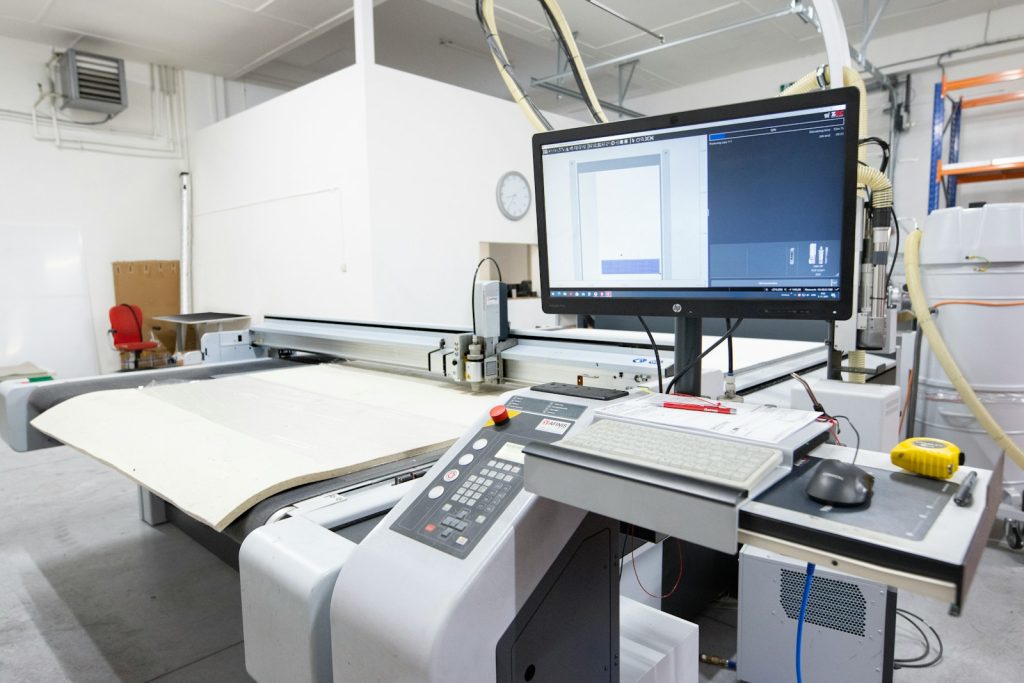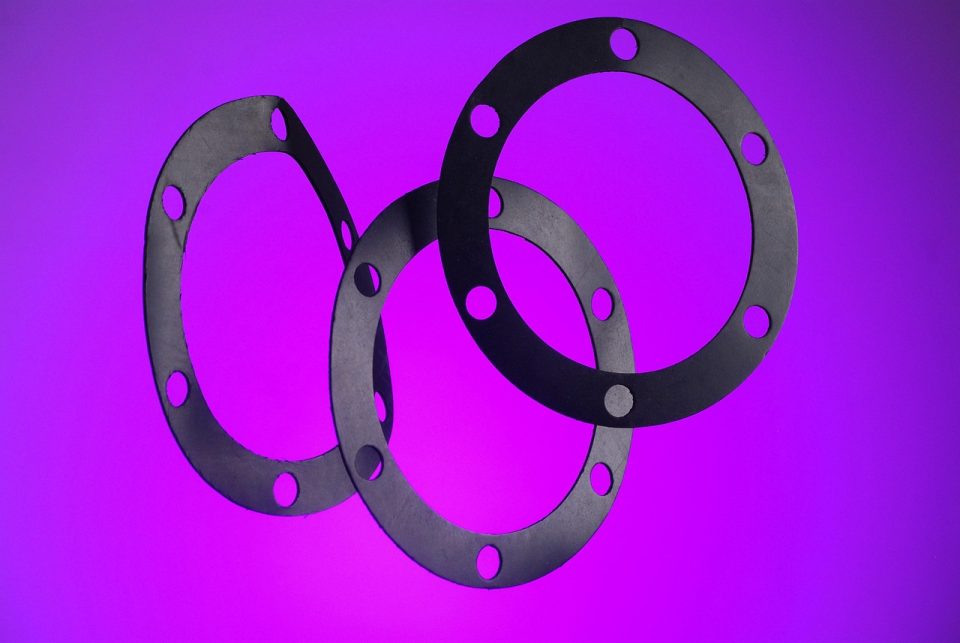Metal gaskets represent the gold standard for sealing in high-pressure and high-temperature industrial applications. Unlike their non-metallic counterparts, metal gaskets provide exceptional resistance to extreme conditions, making them indispensable in critical systems where failure is not an option. The unique properties of metallic sealing elements allow them to maintain integrity under conditions that would quickly degrade other materials.
The composition of these specialized sealing devices typically includes stainless steel, copper, aluminum, or various alloys selected for specific environmental demands. The structural integrity of metal gaskets enables them to withstand pressure ratings exceeding 20,000 psi in some applications, far beyond the capabilities of conventional sealing technologies.
Key Types and Configurations
Spiral Wound Gaskets
Spiral wound designs combine alternating layers of metal and filler material. This construction creates a resilient sealing element that can accommodate flange movement while maintaining contact pressure. The metal component provides strength while fillers like graphite enhance sealing properties. These hybrid constructions blend the durability of metal gaskets with the conformability of softer materials.
Metal Jacketed Gaskets
These consist of a metallic outer shell encasing a more compressible inner core. The metal jacket provides chemical resistance and structural stability, while the core material offers improved sealing capabilities. This design approach combines the best properties of different material categories.
Solid Metal Gaskets
Ring joint and lens ring configurations represent pure metal gaskets used in the most demanding applications. These solid metal designs rely on precise machining to create metal-to-metal seals that perform reliably under extreme pressure and temperature fluctuations.
Donit Gasket Innovations in Industrial Sealing
The Donit gasket product line has revolutionized industrial sealing technology with their advanced composite designs. These engineered solutions incorporate specialized metal cores with enhanced surface treatments to optimize sealing efficiency. What distinguishes a Donit gasket from conventional options is the proprietary manufacturing process that enhances resistance to thermal cycling.
Engineers select Donit gasket products for applications requiring exceptional reliability under variable conditions. Their multi-layer construction provides redundant sealing barriers, minimizing the risk of containment breaches in critical systems. The brand has established a reputation for excellence in petrochemical processing, where their products regularly outperform conventional alternatives.
The technical specifications of a typical Donit gasket include temperature resistance up to 1000°C and exceptional chemical compatibility across the pH spectrum. Their engineered solutions incorporate proprietary metallurgical processes that enhance long-term performance characteristics.

PTFE Gaskets: The Perfect Complement to Metal Sealing Systems
While metal gaskets excel in extreme environments, PTFE gaskets offer complementary benefits for specific applications. These fluoropolymer-based sealing elements provide unmatched chemical resistance across virtually the entire pH scale. The non-reactive nature of PTFE gaskets makes them ideal for pharmaceutical and food processing applications where product purity is paramount.
Modern PTFE gaskets incorporate various fillers to enhance performance characteristics. Glass, carbon, and graphite-filled variants address specific limitations of virgin PTFE, such as cold flow and compression set. Some advanced applications use hybrid designs that combine PTFE gaskets with metal reinforcement for improved stability.
The temperature range of PTFE gaskets typically spans from cryogenic conditions up to approximately 260°C, complementing the higher temperature capabilities of pure metal gaskets. This versatility makes them valuable components in comprehensive sealing strategies.
Engineering Considerations for High-Pressure Applications
Selecting appropriate gasket technology for high-pressure industrial systems requires careful analysis of multiple variables. Engineers must consider not only maximum operating pressure but also pressure fluctuations, thermal cycling, and chemical exposure. The material compatibility between metal gaskets and the contained media represents a critical design consideration.
Flange design significantly impacts gasket performance, with raised face, flat face, and ring-type joint configurations each requiring specific gasket technologies. The loading characteristics of different metal gasket designs must align with flange specifications to ensure optimal sealing performance.
Installation procedures for metal gaskets differ substantially from those for non-metallic alternatives. Proper torque sequencing and controlled compression are essential for achieving the metal-to-metal contact necessary for effective sealing. Specialized tools and trained personnel are often required for proper installation of high-performance metal gaskets.
Comparative Analysis of Sealing Technologies
When comparing metal gaskets to alternatives like PTFE gaskets or donit gasket products, engineers must evaluate trade-offs between immediate cost, installation complexity, and long-term reliability. While metal gaskets typically represent a higher initial investment, their extended service life in extreme environments often yields superior total cost of ownership.
The recovery characteristics of different gasket materials represent another critical comparison point. Metal gaskets provide exceptional resilience to compression set, maintaining sealing force even under thermal cycling conditions. This resilience makes metal gaskets particularly valuable in applications with frequent thermal fluctuations.
Environmental considerations also influence gasket selection. The recyclability of metal gaskets aligns with sustainability initiatives, while specialized PTFE gaskets may present end-of-life disposal challenges. Progressive manufacturers now offer comprehensive lifecycle analysis for different gasket technologies to support environmentally conscious engineering decisions.
Industry-Specific Applications
The oil and gas sector relies heavily on metal gaskets for wellhead equipment, pipeline connections, and refinery processing units. These critical applications demand the exceptional pressure and temperature capabilities that only metal gaskets can provide.
Power generation facilities utilize specialized metal gaskets throughout steam systems, where temperature extremes and pressure cycling create challenging sealing environments. The reliability of metal gaskets under these conditions directly impacts operational efficiency and safety.
Chemical processing industries often require the combined benefits of Donit gasket technology and PTFE gaskets in different system components. This strategic deployment of specialized sealing technologies addresses the diverse demands of modern chemical manufacturing facilities.
Maintenance and Reliability Considerations
Preventive maintenance programs must include regular inspection protocols for critical gasket applications. The condition monitoring of high-performance metal gaskets can provide early indicators of system issues before catastrophic failures occur.
When replacing gaskets in critical systems, proper documentation of gasket specifications, installation procedures, and torque values ensures consistent performance. The specialized nature of metal gaskets requires rigorous adherence to manufacturer recommendations throughout the maintenance lifecycle.

